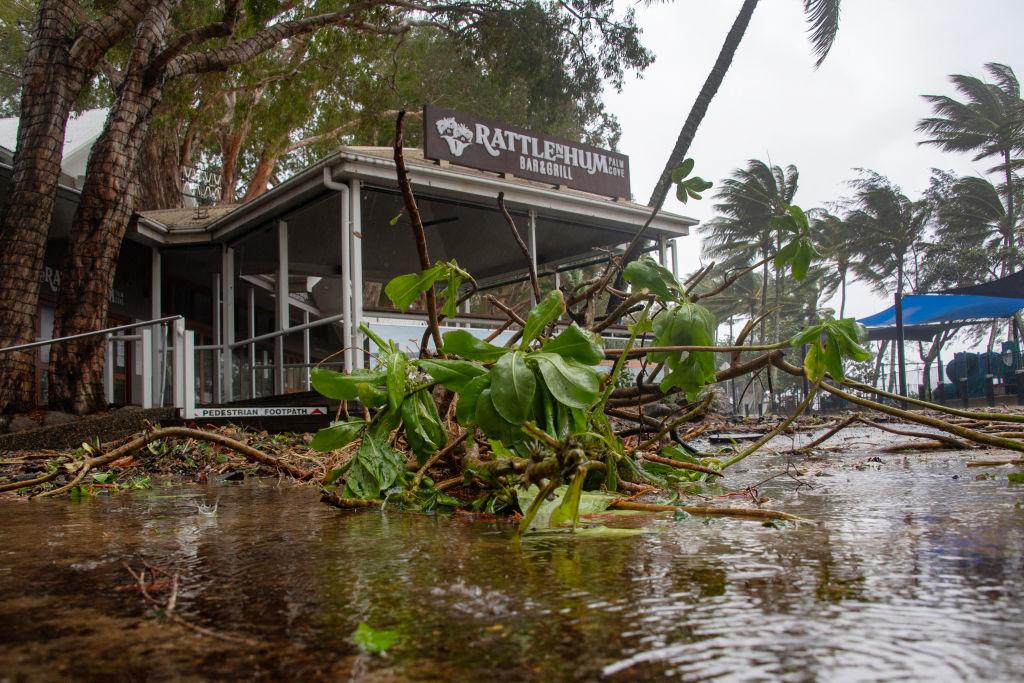The bill for damage caused by the wild weather that has lashed Queensland might not be finalised for months.
The combined economic impact and recovery cost currently stands at a staggering $2 billion (US$1.3 billion).

The bill for damage caused by the wild weather that has lashed Queensland might not be finalised for months.
The combined economic impact and recovery cost currently stands at a staggering $2 billion (US$1.3 billion).